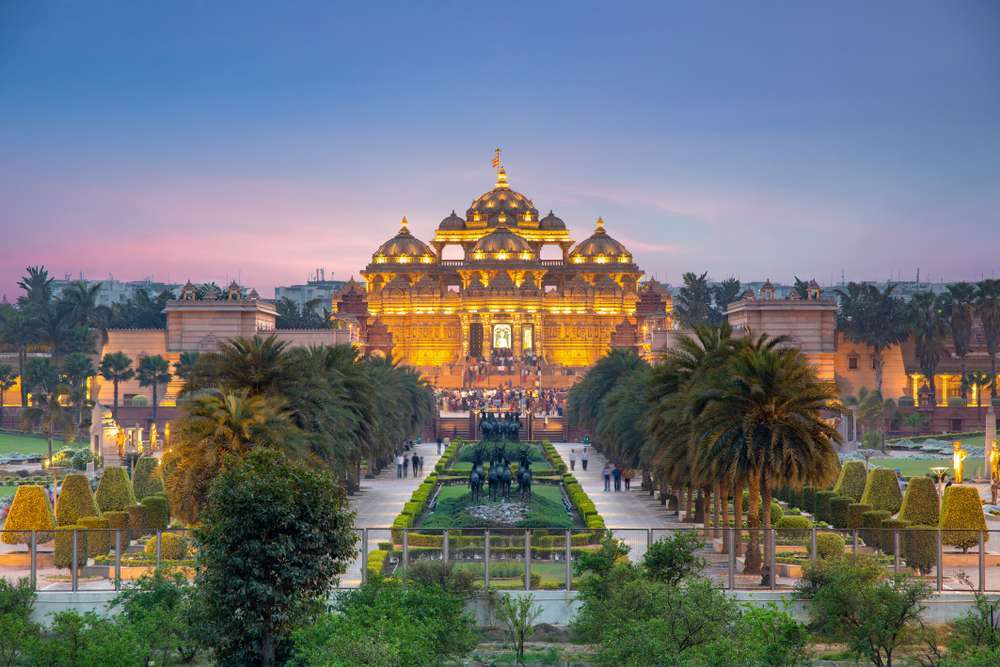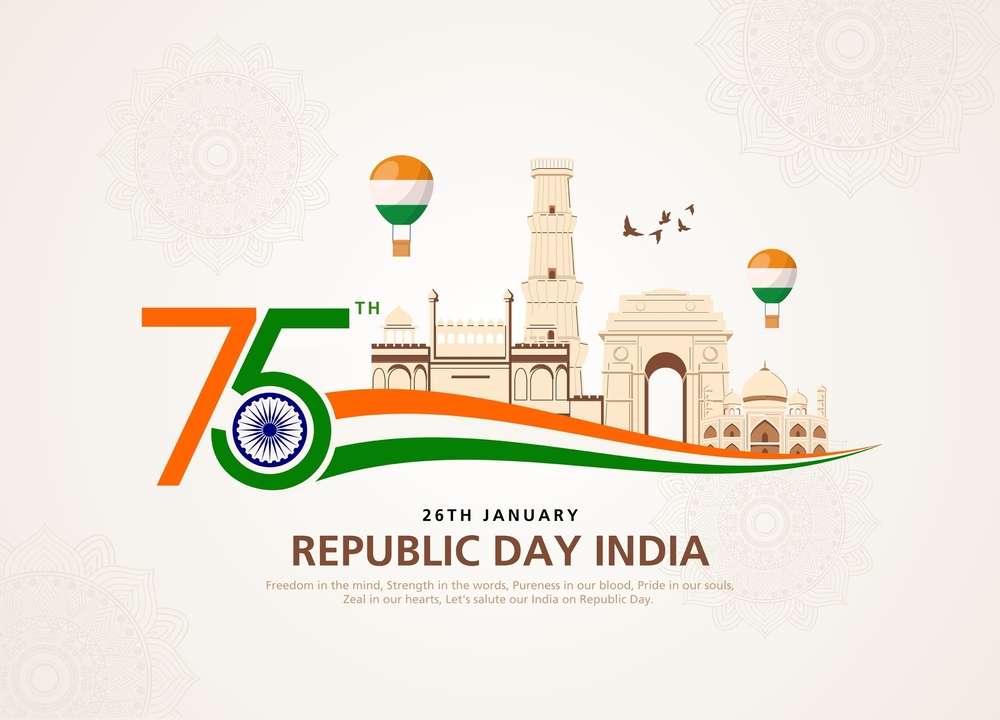India’s culinary landscape is a tapestry woven with the vibrant hues and tantalizing aromas of spices. From the fiery heat of chili peppers to the subtle sweetness of cardamom, spices play a central role in Indian cuisine, infusing dishes with depth, complexity, and flavor. Culinary tours through India’s spice gardens offer travelers a sensory journey into the heart of this ancient alchemy, where they can explore the origins, cultivation, and uses of spices while experiencing the rich cultural heritage and biodiversity of the land. In this article, we embark on a flavorful adventure through India’s spice gardens, uncovering the secrets of the science of spice.
The Spice Route: Tracing the Origins of India’s Spices
India has been a hub of spice trade for millennia, with its rich and diverse climatic zones providing ideal conditions for growing a wide variety of aromatic plants. From the lush hills of Kerala to the arid plains of Rajasthan, each region boasts its own unique selection of spices, shaped by factors such as soil, climate, and cultural heritage. Culinary tours take travelers on a journey along the ancient spice routes, tracing the origins of spices such as black pepper, cardamom, cinnamon, and turmeric, and uncovering the stories of their cultivation and trade.
INDIAN VISA FOR GREEK CITIZENS
Kerala: The Spice Capital of India
Nestled along the Malabar Coast, Kerala is renowned as the “Spice Capital of India,” blessed with fertile soil, abundant rainfall, and a rich biodiversity that sustains a thriving spice industry. Culinary tours in Kerala offer travelers a chance to explore lush spice plantations, where they can witness firsthand the cultivation of spices such as black pepper, cardamom, cloves, and nutmeg. Guided by knowledgeable hosts, participants learn about the history, cultivation, and uses of each spice, as well as their medicinal properties and cultural significance in Kerala’s culinary traditions.
Tamil Nadu’s Spice Trail: A Journey of Aromas and Flavors
In the southern state of Tamil Nadu, the ancient port city of Coimbatore serves as a gateway to the region’s rich spice heritage. Culinary tours take travelers on a sensory journey through Tamil Nadu’s spice trail, where they can explore sprawling spice gardens and learn about the cultivation of spices such as cumin, coriander, fenugreek, and mustard. Participants have the opportunity to engage in hands-on activities such as spice grinding, blending, and cooking demonstrations, gaining insights into the art and science of flavor pairing and spice blending in Tamil cuisine.
Karnataka’s Spice Gardens: From Pepper Vines to Coffee Beans
In the lush hills of Karnataka’s Western Ghats, spice gardens coexist alongside coffee plantations, creating a fragrant tapestry of flavors and aromas. Culinary tours in Karnataka offer travelers a chance to explore the region’s spice gardens, where they can discover the cultivation of spices such as cloves, cardamom, ginger, and turmeric. Participants can stroll through verdant plantations, savoring the scents of fresh herbs and spices, and learning about the sustainable farming practices that support biodiversity and conservation in the region.
Rajasthan’s Desert Spice Oasis: Exploring Aromatic Treasures
In the arid landscapes of Rajasthan, where spices thrive amidst the desert heat, culinary tours offer travelers a glimpse into the hidden treasures of the spice trade. Participants can visit spice markets and bazaars in cities such as Jaipur and Jodhpur, where they can sample and purchase a dazzling array of spices, dried herbs, and aromatic blends. Guided by local experts, travelers gain insights into the culinary traditions and regional specialties of Rajasthan, from spicy curries and pickles to fragrant chai masala and sweet desserts infused with saffron and cardamom.
INDIAN VISA FOR CROATIAN CITIZENS
The Science of Spice: Unraveling Flavor Chemistry and Health Benefits
Culinary tours through India’s spice gardens provide participants with a deeper understanding of the science behind the flavors and health benefits of spices. Through guided tastings, cooking demonstrations, and interactive workshops, travelers learn about the chemical compounds that give spices their distinctive flavors and aromas, as well as their medicinal properties and therapeutic uses in traditional Ayurvedic medicine. From anti-inflammatory turmeric to digestion-aiding cumin and metabolism-boosting black pepper, participants gain insights into the culinary and wellness benefits of incorporating spices into their daily diet.
Cultural Immersion: Exploring the Culinary Traditions of India’s Spice Regions
Culinary tours through India’s spice gardens offer travelers a unique opportunity to immerse themselves in the rich cultural heritage and culinary traditions of the regions they visit. Participants can partake in traditional cooking classes, where they learn to prepare authentic dishes using locally sourced spices and ingredients. They may also visit local homes and community kitchens, where they can witness firsthand the rituals and customs surrounding food preparation and sharing, forging connections and friendships that transcend cultural boundaries.
Conclusion
Culinary tours through India’s spice gardens offer travelers a sensory journey into the heart of the country’s rich culinary heritage and biodiversity. From the lush spice plantations of Kerala to the arid desert landscapes of Rajasthan, participants gain insights into the origins, cultivation, and uses of spices while experiencing the vibrant flavors and aromas of Indian cuisine. Through hands-on activities, guided tastings, and cultural immersion experiences, travelers come away from these culinary tours with a deeper appreciation for the art and science of spice, as well as the cultural richness and diversity of India’s culinary traditions.
Read more: Spiritual Retreats: Finding Tranquility in India’s Sacred Spaces






